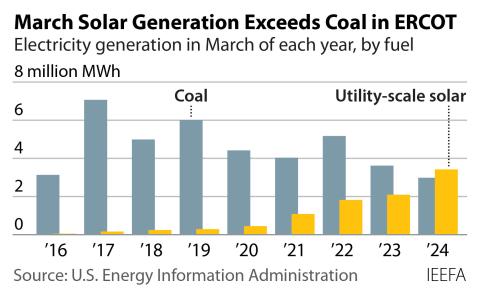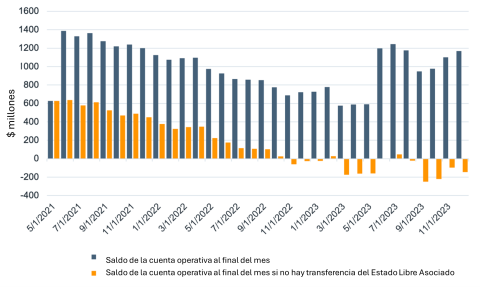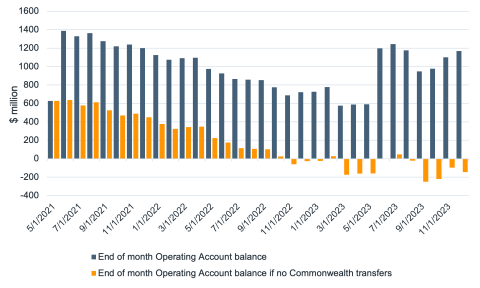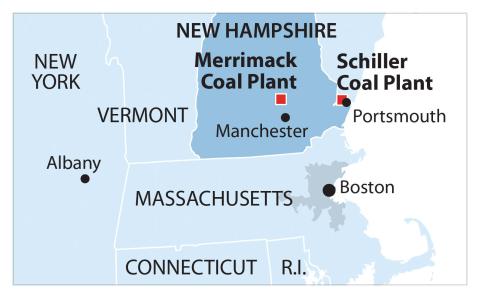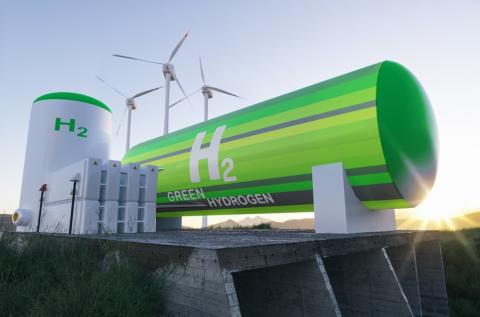IEEFA Update: An Effort in Congress to Bail Out the U.S. Coal Industry at Taxpayers’ Expense
Having failed to obtain bailouts for failing coal plants and mines by way of policy actions from the U.S. Department of Energy and the Federal Energy Regulatory Commission, the coal industry has now turned to its friends in Congress.
Rep. Larry Bucshon, a Republican from Indiana, is promoting House Bill HR 5270, the Electricity Reliability and Fuel Security Act, which would provide a bailout for the coal industry of about $3.5 to $3.7 billion per year for each of the next five years. The total would come to a total of approximately $17.5 billion to $18.5 billion in income tax credits.
The bill is a straightforward tax break, and while its title suggests it has something to do with electricity-supply security, we see no evidence that it would enhance the reliability of the grid in any way.
As proposed, HR 5270 would allow the owners of coal plants to take credit on their federal taxes in one of two ways, whichever is less:
- At a rate of $13 per kilowatt on the nameplate capacity, or potential output, of their plant.
- Owners would get this tax credit whether or not their plant operated reliably, is available at times of highest demands, or even whether it generated any power at all.
Consequently, the tax credits would be giveaways, pure and simple, and would come with no proof that that they would provide any benefit except to the coal plant owners.
The bill would allow what it defines as “qualified public entities,” which generally do not pay federal tax and would mostly be unable to use the tax credits, to transfer their credits to “eligible project partners” which are defined as any entity that:
(i) is responsible for operating, maintaining, or repairing a coal plant,
(ii) participates in the provision, including transportation of coal to the plant,
(iii) provides financing for the construction or operation of the plant,
(iv) or leases the plant.
In order words, a municipal utility that owns all or some of a power plant, but pays no federal taxes, could transfer its tax credits to any coal company that provides the coal that is burned at the plant and/or any investor who has provided funds to build, upgrade or operate the plant. The plant or mine owners or investors could pocket the additional cash they would garner from paying lower taxes because they would not be under any obligation to pass the benefits from the lower federal taxes to their workers or to the communities in which they operate.
Consequently, this bill would increase the federal deficit for five years– by giving away billions of dollars to coal plant operators, mine owners, and coal investors — without having enhanced grid reliability or made electricity less expensive for consumers.
David Schlissel is IEEFA’s director of resource planning analysis.
RELATED ITEMS:
IEEFA Update: Renewables and Grid Stability Go Hand in Hand
IEEFA Update: America’s Coal Industry Is in Trouble
IEEFA Report: U.S. Coal Market Erosion Continues





